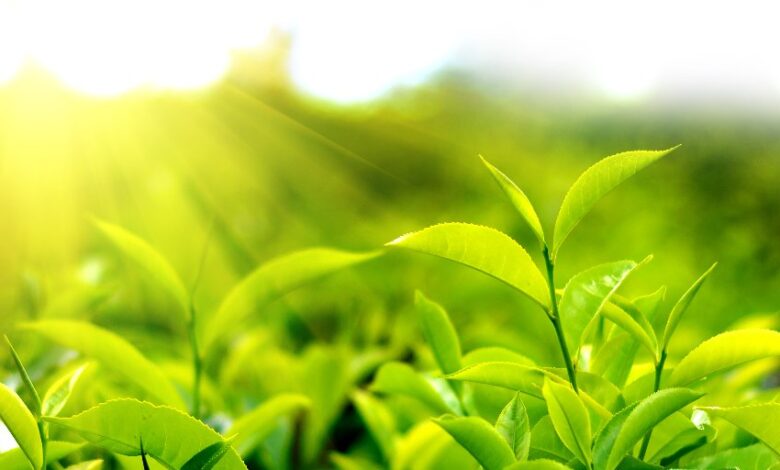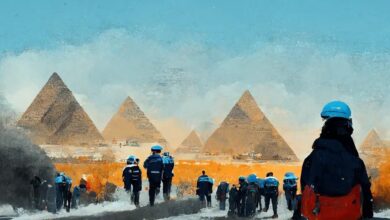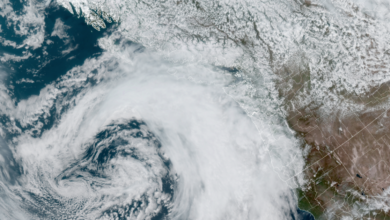BBC ignores real reason for Sri Lanka’s problems – Do you object?

Repost from NOT A LOT OF PEOPLE KNOW IT
By Paul Homewood
h/t Joe Public
However, the BBC’s more disingenuous reporting:
The leaves from the lush green tea fields that cover the hills of central Sri Lanka will become cups around the world.
Tea is the island’s biggest export, often bringing in more than $1 billion a year, but the industry is being hit hard by the unprecedented economic crisis.
Most of Sri Lanka’s tea is grown by smaller farmers, like Rohan Tilak Gurusinghe, who owns two acres near the village of Kadugunnawa.
But he’s still reeling from the impact of the government’s sudden, thoughtless decision to ban chemical fertilizers last year.
“I’m losing money,” he told the BBC dejectedly. “Without fertilizer or fuel, I can’t even think about the future of my business.”
The ban, ordered to try to protect the country’s dwindling foreign exchange reserves, was one of a number of disastrous policy decisions made by the recently ousted President Gotabaya Rajapaksa, with agricultural output falling dramatically.
It has since been reversed, but fertilizer has increased in price and remains difficult to source, while the government currently cannot afford to import a sufficient supply of gasoline and diesel.
For farmers like Gurusinghe, who depend on trucks to transport tea leaves from their fields to the factory for processing, it means delays can lead to leaves drying out and reducing quality.
“Our leaders don’t bother about providing us with basic necessities,” he told the BBC.
https://www.bbc.co.uk/news/world-asia-62221355
The ban does nothing to “protect foreign exchange reserves”. The tea industry is also not affected by the “economic crisis”.
The ban is a deliberate policy decision by the President, as part of his climate change agenda. Here’s what he had to say at COP26:
Nitrogen is an abundant element necessary for the life of all living things.
However, reactive nitrogen generated by human activity and released into ecosystems exacerbates climate change.
Excessive use of nitrogen, especially in fertilizers, has adverse effects on soil, water, air and human health.
For decades, chronic kidney disease has been a serious problem in the agricultural heartland of Sri Lanka.
The overuse of chemical fertilizers has contributed significantly to this problem.
It is in this context that my Government has taken decisive steps to reduce the import of chemical fertilizers, and strongly encourage organic agriculture.
The inevitable collapse of tea production and therefore exports, led to the collapse of the Sri Lankan currency and the bankruptcy of its economy.
The BBC must share responsibility for this disaster because of its persistent misinformation about climate change.




